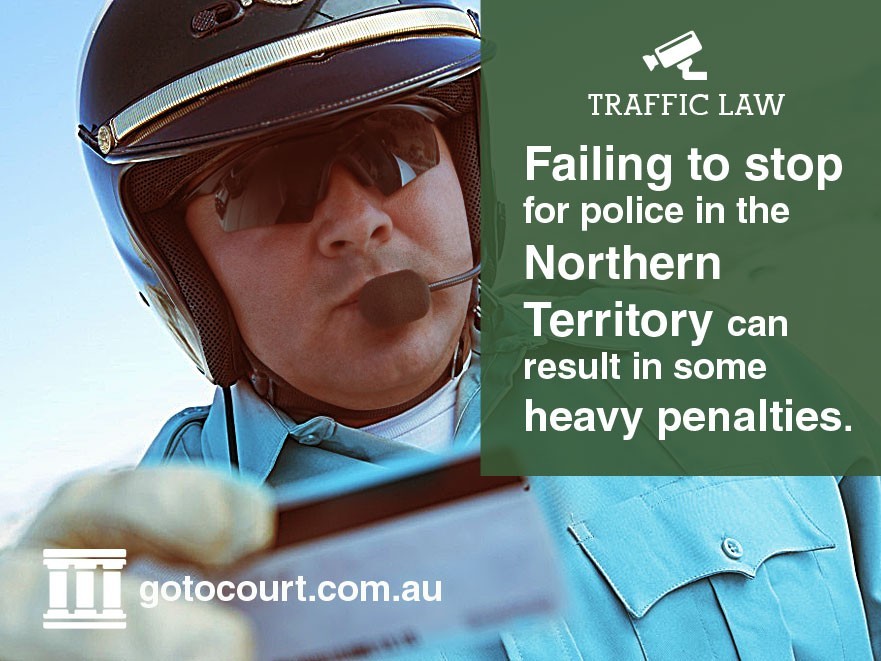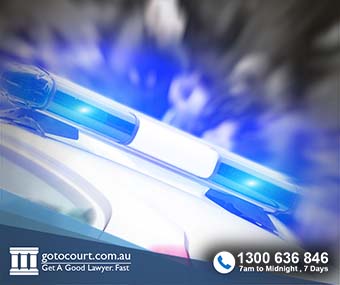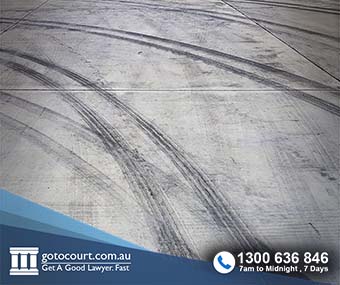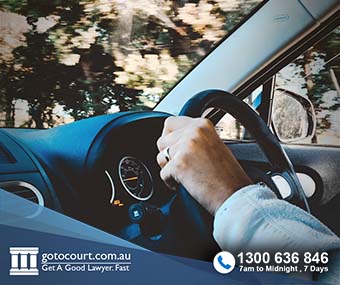Failing to Stop for Police in the Northern Territory
The Northern Territory treats any failure to comply with a police direction very seriously. In fact, failing to stop for police after being directed to do so is considered an offence in three separate pieces of legislation:
- the Traffic Act
- the Motor Vehicles Act, and
- the Criminal Code.
You may be charged under any one of these Acts depending on the nature and severity of your conduct.
A direction to stop may not always be spoken, but may be in the form of a hand signal, the flashing of lights or the sounding of an alarm/siren.
Because of the strict traffic laws in the Northern Territory, it is unlikely that you will be able to escape a charge if you are caught evading a police direction. Given the seriousness of the offences, it is always wise to comply.
Failing to Stop – Traffic Act
Section 29AAB of the Traffic Act gives a police officer the right to pull over a driver at random in order to conduct a random breath or saliva test.
Failure to comply with the direction to pull over is an offence. The maximum penalty that can be applied is 200 penalty units (approx. $30,000) or imprisonment for 12 months.
In addition, a period of licence suspension or disqualification of up to 12 months may be imposed under the Criminal Code where you engaged in dangerous driving while evading a police direction.
Failing to Stop – Motor Vehicles Act
Section 64 of the Motor Vehicles Act prescribes that a police officer has the right to direct a driver to stop and provide certain information. The purpose of this law is so that the type and size of vehicles used on public roads in the Northern Territory may be regulated.
Failing to stop under this Act may attract a fine of approximately $1,200 or 2 years imprisonment.
Failing to Stop – Criminal Code
The Criminal Code has broadened the charge of failing to stop for police to better deal with more serious cases of poor driver behaviour.
Serious penalties apply where failing to stop for police is associated with a police pursuit and / or dangerous driving. Under section 174FB of the Criminal Code, the following elements must be proven before a driver can be convicted under this section:
- A member of the police must give the driver a direction to stop their vehicle.
- The driver fails to comply with this request and does not stop the vehicle.
- The police officer pursues the vehicle.
- The driver proceeds to drive the vehicle in a dangerous manner while trying to evade the police officer.
A driver will be considered to be driving dangerously if they are driving:
- at a speed which exceeds the limit for that area,
- under the influence of drugs or alcohol, or
- in a way that is putting others at risk.
If charged for failing to stop under the Criminal Code in the Northern Territory, the maximum penalty that may be imposed is imprisonment for 5 years.
In addition, it is likely that a period of licence suspension or disqualification will also be imposed, especially in circumstances where you are found to have been under the influence of drugs or alcohol.
Defences
Few defences exist in relation to failing to stop for police or failing to comply with a police direction.
In the event you are charged with an offence under any one of the laws above, the only defence likely to be available is if you can argue that you were unaware of having been given a direction by a police officer.
However, the burden rests with you as the driver to prove this was the case and it may be very difficult to do so.
This article reflects the state of the law as at 3 December 2015. It is intended to be of a general nature only and does not constitute legal advice. If you require legal assistance, please telephone 1300 636 846 or request a consultation at www.gotocourt.com.au.







